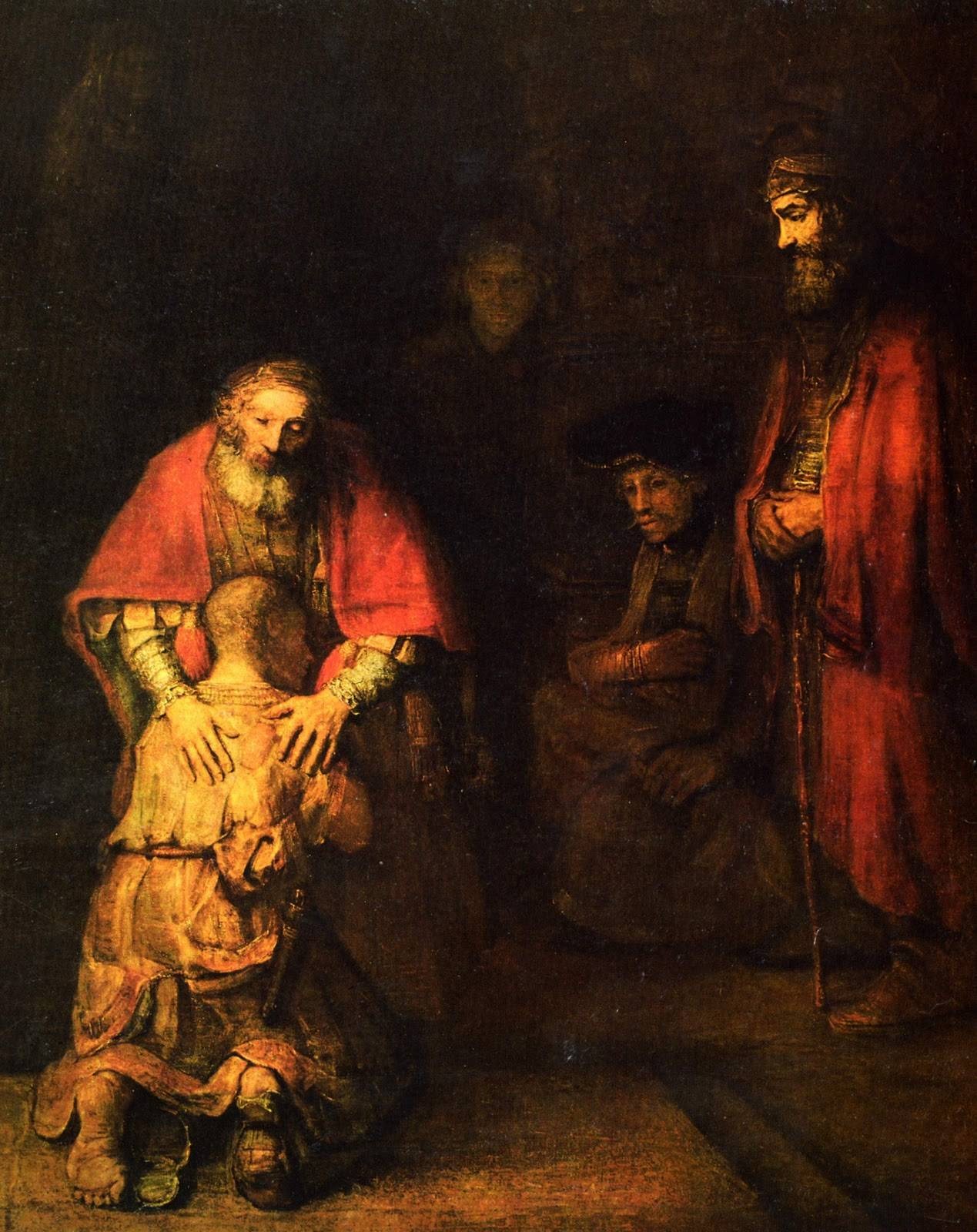Be the Instruments of God’s Mercy: St. Eugene de Mazenod
A little boy prayed like this: Dear God, I’m sorry for the bad things I’ve done, called sins. Please forgive me. I believe Jesus died for me on the cross. And I believe He rose again to give me a new life, which begins TODAY! Amen.
Divine Mercy Sunday is an important and helpful way of describing the Resurrection of Christ. As we conclude the week-long celebration of the Resurrection of Jesus Christ, I pray and hope that you took some time to be deliberately joyful! The feeling we should have for this Divine Mercy of God towards us can perhaps be compared to the following situation:
When we have really offended someone and then that someone forgives us. For example, Mum’s favorite dog is like a child for her. You accidentally run over the dog and it dies. Then, knowing you are in big, big trouble, you come and say sorry to Mum. Mum then gives you a hug and forgives you; telling you: I love you.
I think most of us have done something really bad that hurt Mum or Dad while growing up. But even this analogy falls short. Why? Because, when Mum and Dad forgive us today, there is no guarantee of future forgiveness. Of course some mothers and fathers are more forgiving than others, as are some children! Ha, ha.
But, with Jesus Christ, we have a guarantee. You can’t show any greater love than to lay down and die for your friend or relative. And not only to die, but to die in pain and with humiliation.
The story of doubting Thomas is instructive for us not just to believe, but to help others believe. It’s OK to have the guarantee of Jesus Christ, but what if you don’t know Jesus Christ?
What if you know about Him, but you find it hard to believe?
Now that we have been liberated by the Divine Mercy of God, we are invited – in fact we are sent – by Jesus Christ to bind and unbind the sins of our brothers and sisters.
We are sent to, as St Eugene told his Oblates: be the instruments of God’s mercy.
“After saying this he breathed on them and said: ‘Receive the Holy Spirit. For those whose sins you forgive, they are forgiven; for those whose sins you retain, they are retained.’” John 20:23.
But why bother? Can’t I just be a good little boy or girl, man or woman? We can, but slowly our world would become ugly. We are all responsible if we want to live in a beautiful world, to make a contribution. And, if people are in pain, they hurt others which might be ourselves.
Pope Francis told how he recently read a book by Cardinal Walter Kasper on mercy.
“That book has done me so much good, but don’t think I’m trying to make publicity of my cardinals!” he joked. “It’s done me so much good because he says that mercy changes everything, it changes the world making it less cold and more fair.”
If we are not part of the solution in making our world a better place, then we ourselves end up suffering. The best way to make our world a better place is to empower other people.
Because they can then contribute their gifts and talents to the world.
The joy of helping someone feel liberated from their shame, from their past, is a joy that is truly a holy joy: meaning a joy that lasts forever, not just one day.
Every one of us who has ever helped a little boy or girl overcome their fear of something, understands a little of what I’m trying to help us to see in the instruction of Jesus Christ today.
The invitation of Jesus is not so much a burden for us, but a pathway to find holy joy: the kind of joy that lasts forever.
Finally, it is difficult to be merciful to others unless we are also merciful to ourselves.
In the Gospel Jesus says to each one of us today: “Peace be with you.”
It means more than: “May you be saved from trouble.” It means: “May God give you every good thing.”
God would not do that, if God has not forgiven us our sins… The Sacrament of Reconciliation allows us to hear that message personally and deeply.
It also builds in our hearts a sense of gratitude which powers our ability to be merciful to others.
Happy Easter and thank you God for the Divine Mercy we have received.
By Gerard Conlan, OMI


